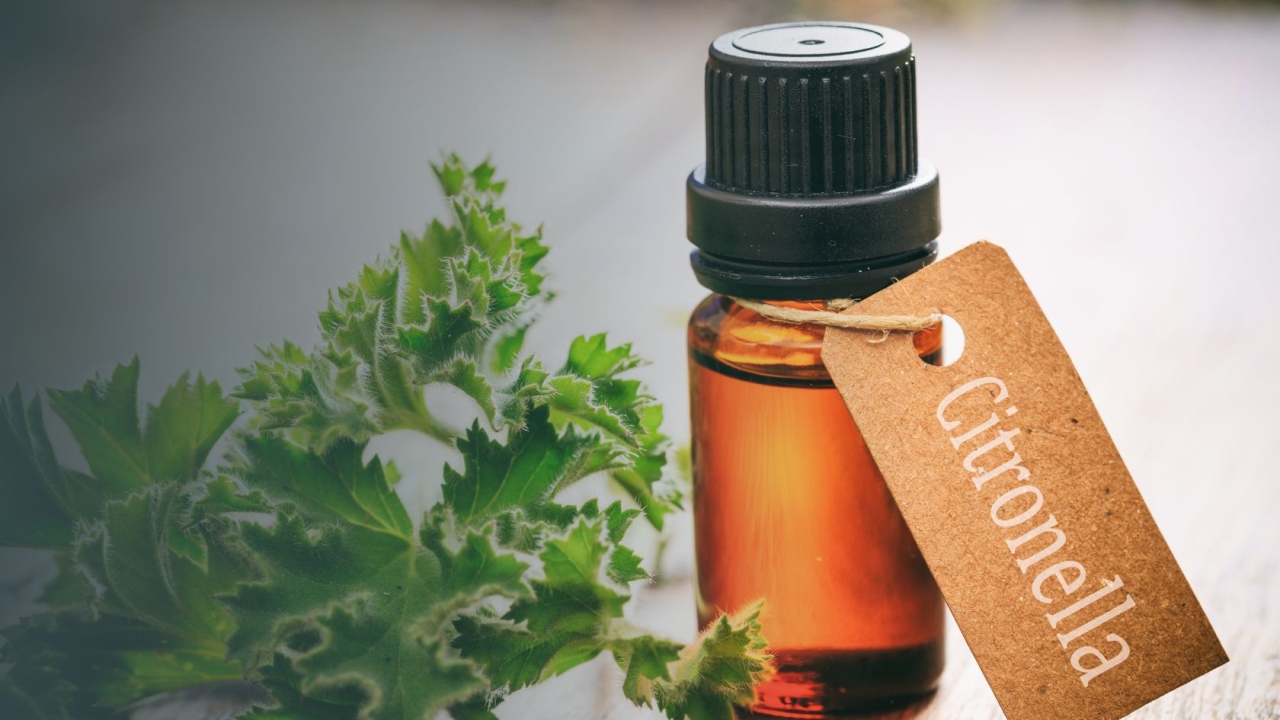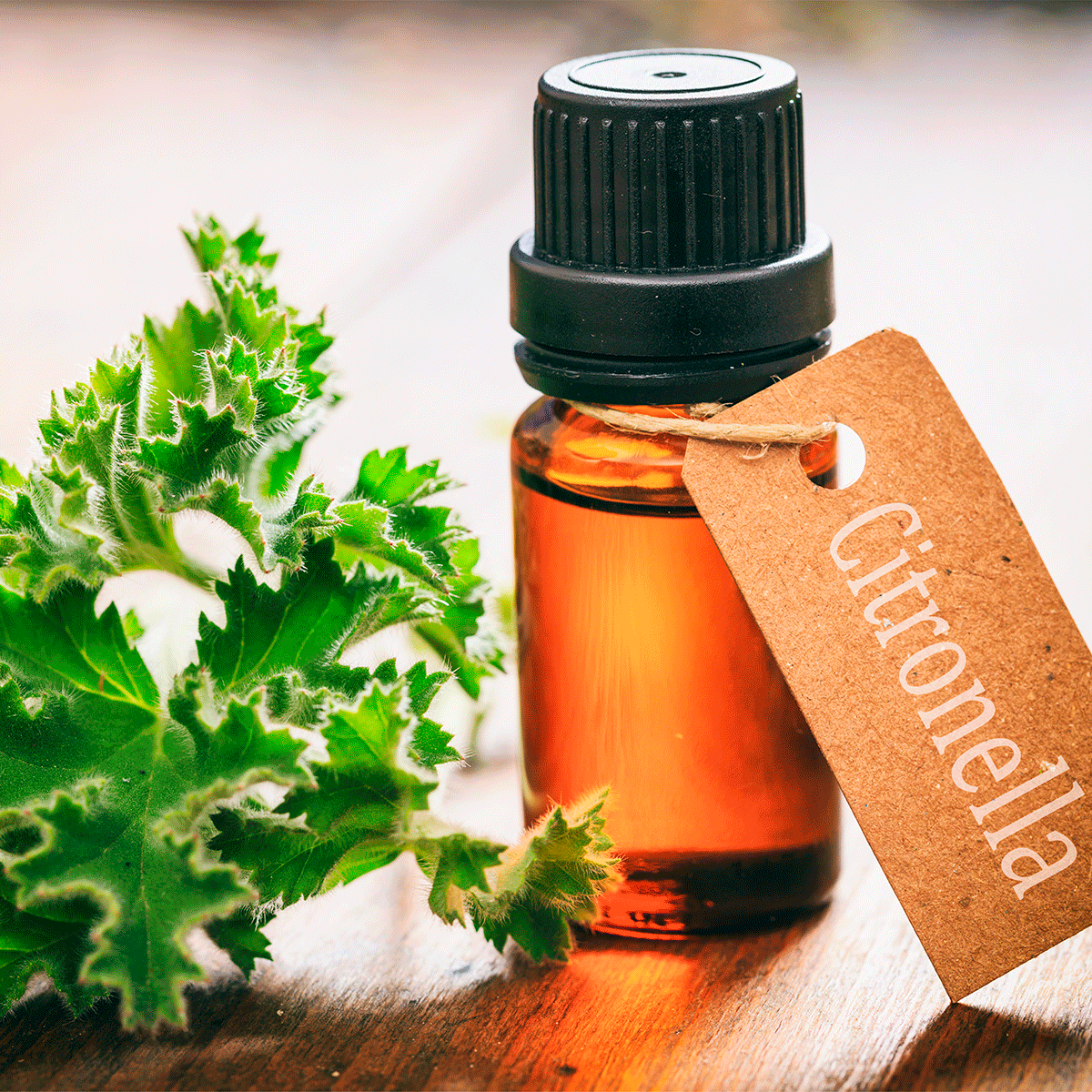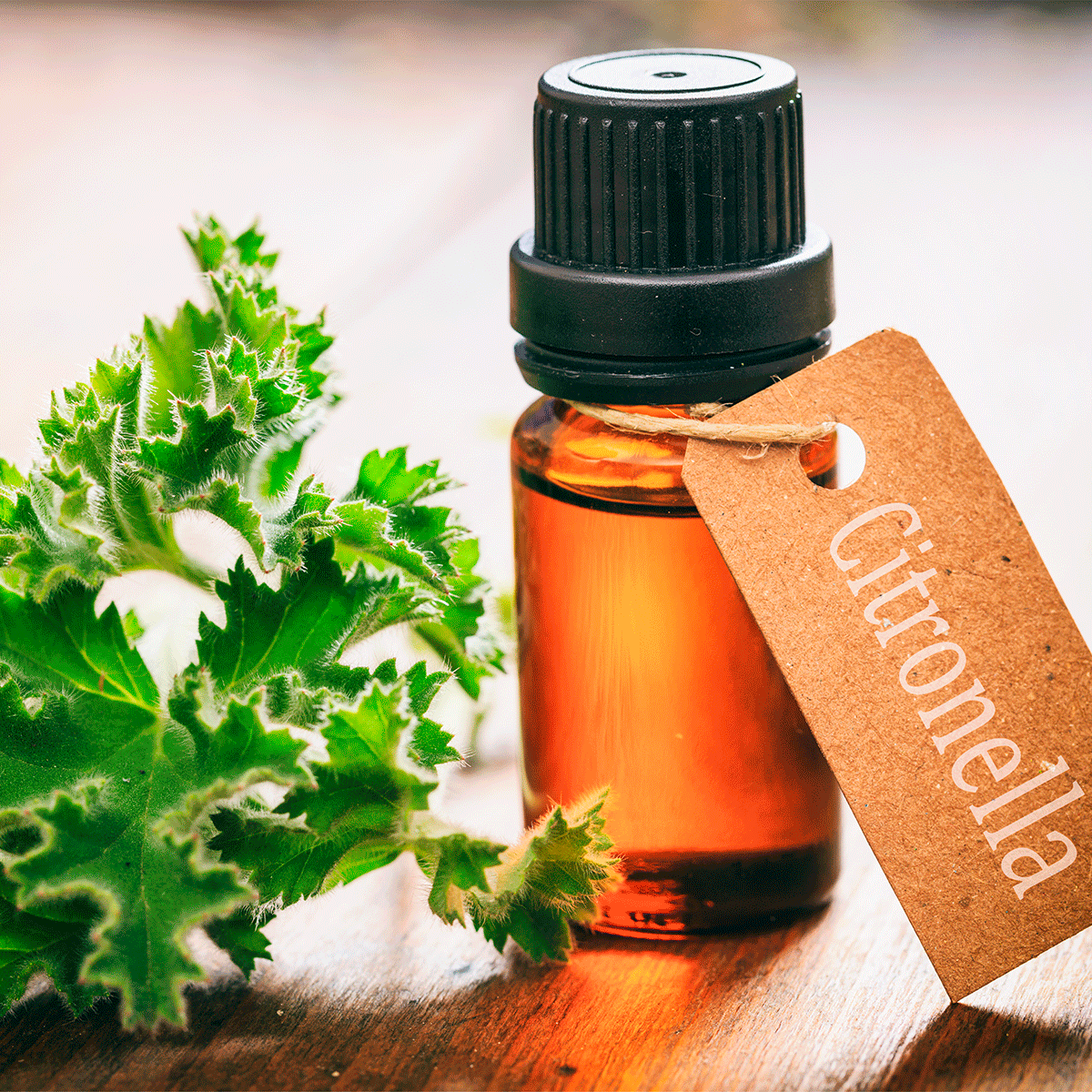Discover the Benefits of Citronella Plant: How to Use It for Natural Pest Control. The citronella plant, with its distinctive lemony scent, has been used for centuries as a natural insect repellent. This versatile plant offers a range of benefits, from keeping pesky bugs at bay to promoting relaxation and even offering potential health benefits.
In this article, we’ll delve into the fascinating world of citronella, exploring its origins, pest-repelling properties, and various ways to utilize it for natural pest control.
Citronella, a member of the grass family, is native to Southeast Asia and is known for its potent, citrusy aroma. This fragrance is attributed to the presence of citronellal, a natural compound that acts as a powerful insect repellent.
The plant’s ability to deter insects has made it a popular choice for natural pest control methods, particularly in gardens and around homes.
Introduction to Citronella Plant
The citronella plant, scientifically known asCymbopogon nardus*, is a fragrant perennial grass belonging to the Poaceae family. Its distinctive lemony-citrus scent is attributed to the presence of essential oils, primarily citronellal and geraniol. These volatile compounds contribute to the plant’s effectiveness as a natural insect repellent.
Botanical Origin and Characteristics
Native to Southeast Asia, the citronella plant thrives in warm, humid climates. It features tall, slender stems that can reach up to 6 feet in height. The leaves are long, narrow, and possess a characteristic, pungent aroma. The plant produces clusters of small, inconspicuous flowers that are typically brown or purple in color.
Distinctive Aroma and Responsible Compound
The citronella plant’s aroma is a result of the presence of essential oils, which are extracted from the leaves and stems through steam distillation. The primary compounds responsible for the characteristic lemony-citrus scent are citronellal and geraniol. Citronellal is a monoterpene aldehyde, while geraniol is a monoterpene alcohol.
Both compounds are known for their insect-repelling properties.
Native Habitat and Cultivation Practices
Citronella is native to tropical and subtropical regions of Southeast Asia, particularly Indonesia, Sri Lanka, and India. It prefers well-drained soil and full sun exposure. The plant is commonly cultivated in large-scale plantations for the production of essential oils.
Citronella’s Pest-Repelling Properties

Citronella is renowned for its ability to repel insects, making it a popular choice for natural pest control. The plant’s characteristic scent, attributed to the presence of citronellal and other volatile compounds, acts as a deterrent to various insects.
Scientific Evidence Supporting Citronella’s Effectiveness
Numerous studies have investigated the efficacy of citronella as a natural insect repellent. Research conducted by the National Institutes of Health (NIH) has shown that citronella oil, when applied topically, effectively repels mosquitoes for up to two hours. The study, published in the Journal of the American Mosquito Control Association, concluded that citronella oil significantly reduced mosquito bites compared to a placebo.
Further research by the University of California, Davis, found that citronella oil was effective in repelling other insects, including ticks and flies. The study, published in the Journal of Medical Entomology, concluded that citronella oil significantly reduced tick infestations and fly bites in test subjects.
Comparison of Citronella Oil with Other Natural Repellents
Citronella oil is often compared to other natural insect repellents, such as lemongrass oil, peppermint oil, and eucalyptus oil. Studies have shown that citronella oil is generally effective in repelling insects, but its efficacy may vary depending on the specific insect species and the concentration of citronella oil used.
For example, a study published in the Journal of the American Mosquito Control Association compared the efficacy of citronella oil, lemongrass oil, and DEET (a synthetic insect repellent) against mosquitoes. The study found that DEET was more effective than citronella oil and lemongrass oil, but citronella oil was still significantly more effective than a placebo.
Specific Insects Repelled by Citronella
Citronella is known to repel a wide range of insects, including:
- Mosquitoes
- Ticks
- Flies
- Ants
- Moths
- Beetles
Using Citronella for Natural Pest Control

Citronella’s natural pest-repelling properties make it a valuable tool for organic pest control. You can use it in various ways to keep insects away from your home, garden, and even your skin.
Methods for Using Citronella to Deter Pests
Citronella can be used in various ways to repel pests, each with its advantages and disadvantages. Here are some common methods:
- Direct application of citronella oil to skin: This is a simple and effective way to repel mosquitoes and other biting insects. Apply a few drops of citronella oil to your skin, avoiding sensitive areas like your eyes and mouth.
You can also add a few drops of citronella oil to your bathwater for a refreshing and insect-repelling experience.
- Using citronella candles and torches: Citronella candles and torches release a pleasant, lemony scent that can help deter mosquitoes and other flying insects. They are particularly effective in outdoor settings, such as patios and gardens. Ensure that you place candles and torches on a stable surface, away from flammable materials, and never leave them unattended.
- Planting citronella plants in gardens and around homes: Citronella plants are an attractive and natural way to repel pests. They release a strong citronella scent that can deter mosquitoes, flies, and other insects. Plant them around your home, garden, or patio to create a natural barrier against pests.
They thrive in well-drained soil and full sun.
- Creating homemade citronella sprays and solutions: You can create your own citronella sprays and solutions by combining citronella oil with water and a carrier oil, such as jojoba or almond oil. These homemade solutions can be sprayed around your home, garden, or even on your skin.
Citronella plants are a natural and effective way to deter pesky insects from your garden. Similar to using citronella candles, planting these fragrant herbs can create a natural barrier against unwanted bugs. And while you’re expanding your garden with citronella, why not consider adding some ivy as well?
You can easily propagate ivy cuttings to create a lush, green ground cover, as explained in this helpful article: How to Use Ivy Cuttings to Expand Your Garden – Propagation Tips. Once established, ivy can also help to deter some pests, adding another layer of natural protection to your garden.
You can also add a few drops of citronella oil to a spray bottle filled with water and use it to repel insects.
Application Methods for Citronella Pest Control
Here is a table summarizing the various methods of applying citronella for pest control:
Application Method |
Description |
Advantages |
Disadvantages |
|---|---|---|---|
Direct Application of Citronella Oil to Skin |
Apply a few drops of citronella oil directly to the skin. |
Effective for repelling mosquitoes and other biting insects. |
Can cause skin irritation in some people. Avoid contact with eyes and mouth. |
Citronella Candles and Torches |
Burn citronella candles or torches to release a pleasant, lemony scent that repels insects. |
Effective in outdoor settings, creates a relaxing atmosphere. |
Requires caution to avoid fire hazards. |
Planting Citronella Plants |
Plant citronella plants around your home and garden to create a natural barrier against pests. |
Natural, attractive, and long-lasting solution. |
May not be effective against all pests. |
Homemade Citronella Sprays and Solutions |
Combine citronella oil with water and a carrier oil to create homemade sprays and solutions. |
Cost-effective and customizable. |
May require frequent reapplication. |
Safety Precautions when Using Citronella for Pest Control
It is important to use citronella safely to avoid any adverse effects. Here are some safety precautions:
- Always dilute citronella oil before applying it to your skin. Undiluted citronella oil can cause skin irritation and allergic reactions.
- Avoid contact with eyes and mouth. If citronella oil gets into your eyes, flush them with water immediately.
- Keep citronella candles and torches away from flammable materials and never leave them unattended.
- Use citronella products in well-ventilated areas.
- Consult a doctor if you experience any adverse reactions to citronella.
Citronella Plant Cultivation
Cultivating citronella plants is relatively straightforward, but understanding their preferences for climate and soil is essential for success. This section delves into the optimal growing conditions for citronella and Artikels methods for propagating and maintaining these aromatic plants.
Ideal Growing Conditions for Citronella
Citronella plants thrive in warm, humid environments with ample sunlight. They are native to Southeast Asia and prefer temperatures between 70°F and 90°F. Here’s a breakdown of the ideal conditions:
- Climate:Citronella prefers tropical and subtropical climates with high humidity. They can tolerate mild frost but will not survive harsh winters.
- Sunlight:Citronella plants need at least 6 hours of direct sunlight daily. However, they can also tolerate partial shade, especially in hot climates.
- Soil:Well-drained, fertile soil with a slightly acidic pH (6.0-6.5) is ideal. Avoid heavy clay soils that retain water, as this can lead to root rot.
Citronella Plant Propagation
There are two primary methods for propagating citronella plants:
- Seeds:Citronella seeds can be sown directly into the soil in spring or summer. They require warm temperatures (70°F-80°F) to germinate and may take several weeks to sprout.
- Cuttings:Taking stem cuttings from healthy citronella plants is a faster and more reliable method of propagation. Cuttings should be taken from the top of the plant, approximately 4-6 inches long. Remove the lower leaves and dip the cut end in rooting hormone before planting in a moist potting mix.
Keep the cuttings in a warm, humid environment with indirect sunlight.
Maintaining Healthy Citronella Plants, Discover the Benefits of Citronella Plant: How to Use It for Natural Pest Control
Regular care is crucial for healthy citronella growth and optimal pest-repelling properties. Here are some tips:
- Watering:Keep the soil consistently moist but not waterlogged. Water deeply when the top inch of soil feels dry. Avoid overwatering, as it can lead to root rot.
- Fertilization:Feed citronella plants with a balanced fertilizer every 4-6 weeks during the growing season. Organic fertilizers are preferred, as they enhance soil health.
- Pest Control:Citronella plants are naturally resistant to many pests. However, they can be susceptible to aphids, whiteflies, and spider mites. If pests appear, use insecticidal soap or neem oil to control them.
Benefits Beyond Pest Control
While citronella is renowned for its pest-repelling abilities, it offers a range of other benefits that extend beyond its insecticidal properties. From promoting health and well-being to enhancing aromatherapy experiences, citronella’s versatility makes it a valuable addition to any home or garden.
While citronella is a natural pest repellent, its uses extend beyond the garden. If you’re looking for a way to add a unique flavor to your dishes, consider exploring the culinary world of perilla leaf, as explored in Transform Your Cooking with Perilla Leaf: Tips and Tricks for Delicious Meals.
After experimenting with perilla, you can return to citronella to deter pesky insects from your outdoor gatherings, ensuring a peaceful and enjoyable experience.
Antimicrobial and Antifungal Properties
Citronella oil exhibits potent antimicrobial and antifungal properties, making it a valuable natural remedy for various ailments. These properties stem from the presence of active compounds like citronellal and geraniol, which have been shown to inhibit the growth of bacteria, fungi, and even certain viruses.
- Antibacterial Activity:Citronella oil has demonstrated effectiveness against a broad spectrum of bacteria, including Staphylococcus aureus, Escherichia coli, and Pseudomonas aeruginosa. This makes it a potential natural disinfectant and antiseptic.
- Antifungal Activity:Studies have shown that citronella oil can effectively inhibit the growth of various fungal species, including Candida albicans, a common cause of yeast infections.
Aromatherapy and Calming Effects
Citronella’s refreshing and invigorating aroma has long been appreciated in aromatherapy. The scent is believed to promote relaxation, reduce stress, and improve mood. This calming effect is attributed to the interaction of citronella’s fragrance with the olfactory system, triggering a cascade of physiological responses.
- Stress Relief:Inhaling citronella oil has been shown to reduce cortisol levels, a hormone associated with stress. This can lead to a sense of calm and well-being.
- Improved Mood:Citronella’s uplifting aroma can enhance mood and combat feelings of fatigue. Its invigorating scent can also boost alertness and focus.
Traditional Medicine and Cultural Significance
Citronella has a rich history in traditional medicine and cultural practices across the globe. Its medicinal properties have been recognized for centuries, with various cultures using it for a wide range of ailments.
- Traditional Chinese Medicine:In traditional Chinese medicine, citronella is used to treat fevers, headaches, and digestive issues. It is also believed to promote circulation and reduce inflammation.
- Ayurvedic Medicine:In Ayurveda, citronella is valued for its antibacterial and antifungal properties. It is used to treat skin infections, wounds, and respiratory ailments.
- Southeast Asian Cultures:In Southeast Asian cultures, citronella is commonly used in traditional ceremonies and rituals. It is believed to ward off evil spirits and promote good luck.
Closure: Discover The Benefits Of Citronella Plant: How To Use It For Natural Pest Control
Citronella offers a multifaceted approach to natural pest control, combining its insect-repelling properties with its calming aroma and potential health benefits. Whether you’re seeking to create a peaceful haven in your garden, enjoy a relaxing atmosphere indoors, or explore its traditional medicinal uses, the citronella plant provides a wealth of possibilities.
By harnessing its natural power, we can create a harmonious balance between our living spaces and the natural world.
FAQ Summary
Can citronella plants be grown indoors?
Yes, citronella plants can be grown indoors in pots, but they prefer bright, indirect light and well-draining soil.
How long does citronella oil last?
The effectiveness of citronella oil can vary depending on factors like quality and storage. It’s generally recommended to use it within a year for optimal results.
Are there any side effects to using citronella?
Citronella is generally safe for most people, but some individuals may experience skin irritation or allergic reactions. It’s best to perform a patch test before applying citronella oil directly to the skin.
